«The Portuguese have been fishing the Grand Banks of Newfoundland for centuries. And the Portuguese fishermen and Newfoundlander's worked and traded together in peaceful harmony. The Portuguese fishermen and fishing boats, known as the "WHITE FLEET" sailed from Portugal to the fishing banks of Newfoundland, Labrador, Greenland, Nova Scotia and Saint Pierre.
The White Fleet left Portugal in the spring and returned to Europe in the fall. Ships would land at Sydney (Cape Breton, Nova Scotia) or St. John's (Newfoundland) for provisions.
Traditionally the Portuguese used hooks and/or nets to catch Northern Cod. Their catch was preserved by a process called "Wet Salting" or "Green Salting". However, since the advent of factory trawlers and industrial commercial fishing, the way that we interact has changed.
In 1977 Canada extended it's coastal waters to 200 miles. At this time Portuguese and other European fishing vessels were discouraged from using Canadian ports.
In 1977 Canada extended it's coastal waters to 200 miles. At this time Portuguese and other European fishing vessels were discouraged from using Canadian ports.
Today over fishing continues. In order to protect the vulnerable groundfish of the Grand Banks and the Flemish Cap, the Green Party advocates a unilateral extension of Canadian sovereignty to 350 miles from Newfoundland's coast.
The CREOULA, a Portuguese Navy training vessel, sailed from Lisbon (Lisboa) to St. John's to commemorate Portugal's cod fishery heritage. The Creoula made 37 voyages to the Grand Banks. The Last was in 1973. The Creoula could carry about 12,800 quintals of "Green Cod" (about 800 tonnes) together with about 60 tonnes of cod liver oil.»
Fonte: [Infonet Saint John’s]
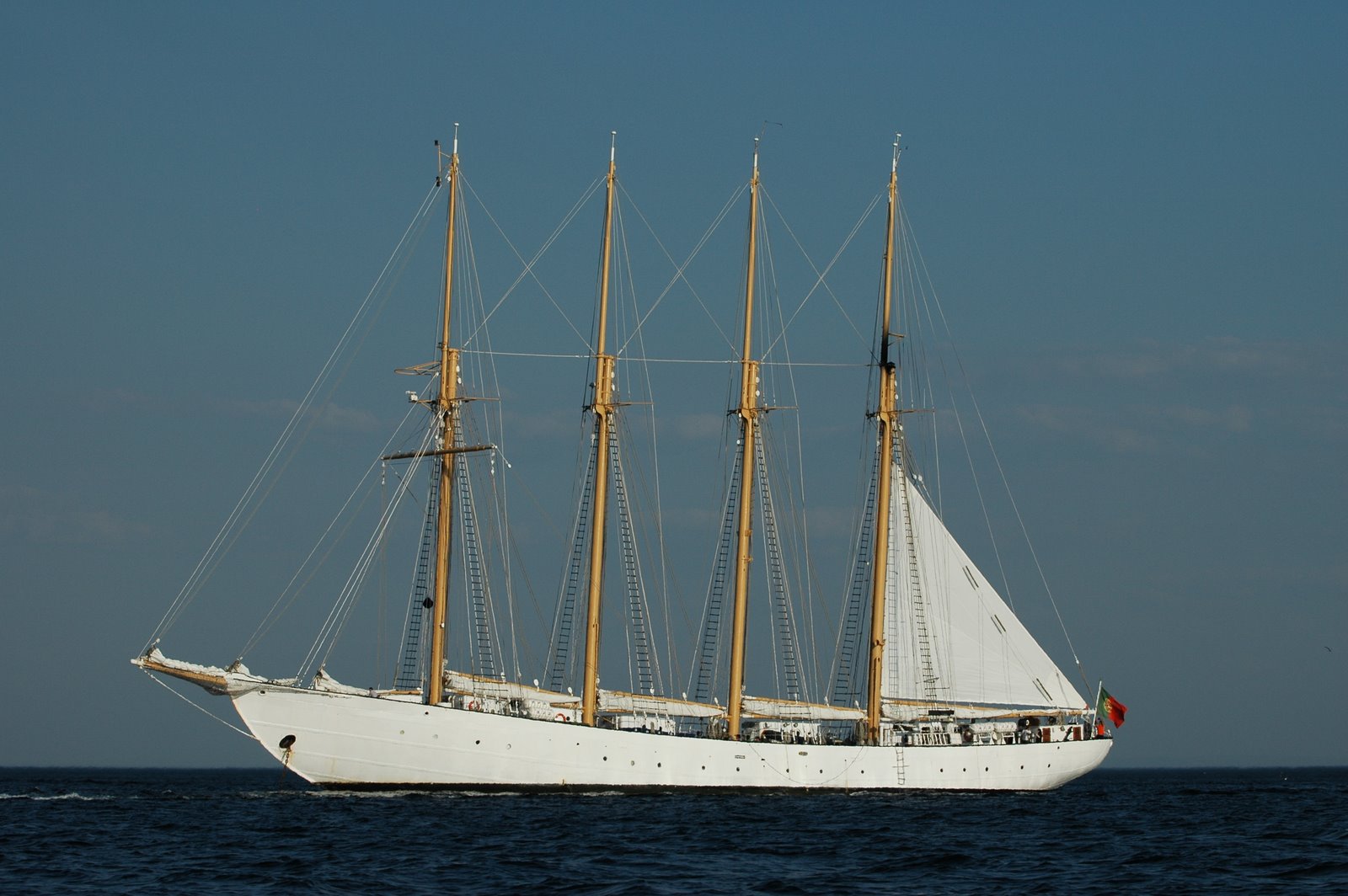
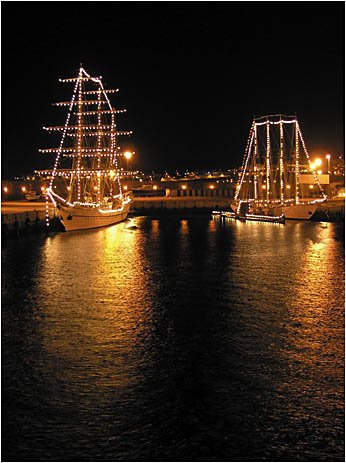

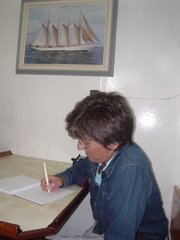




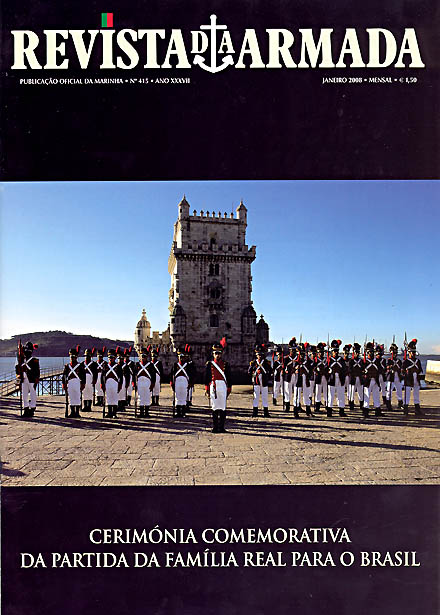
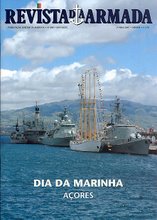
Sem comentários:
Enviar um comentário